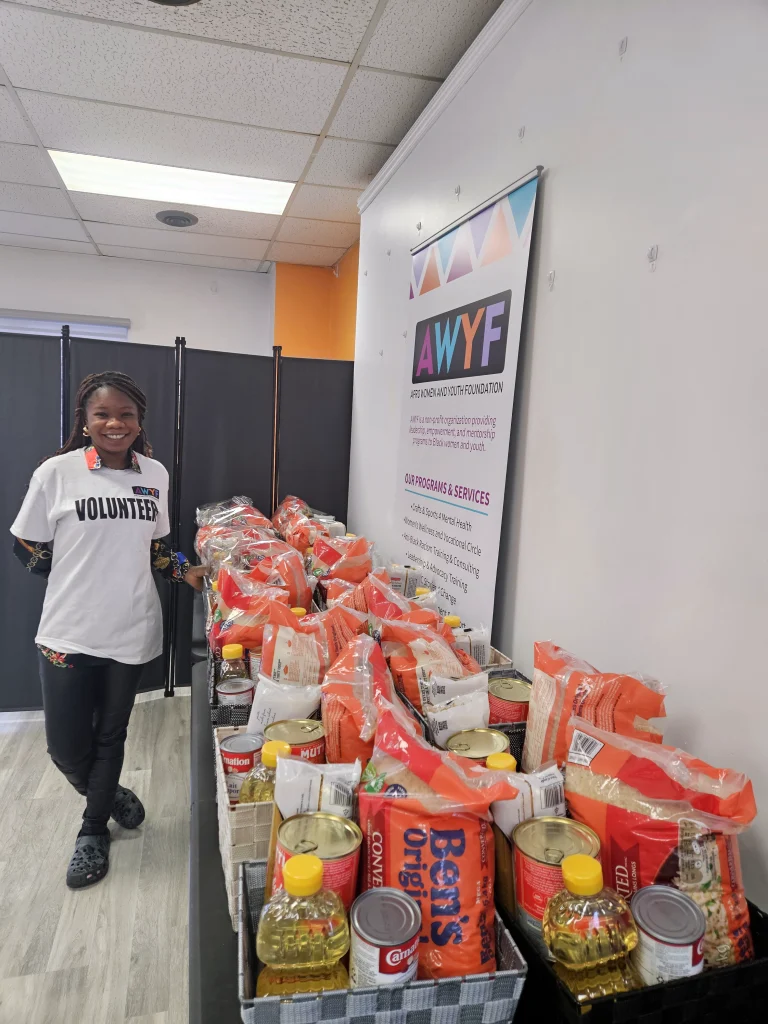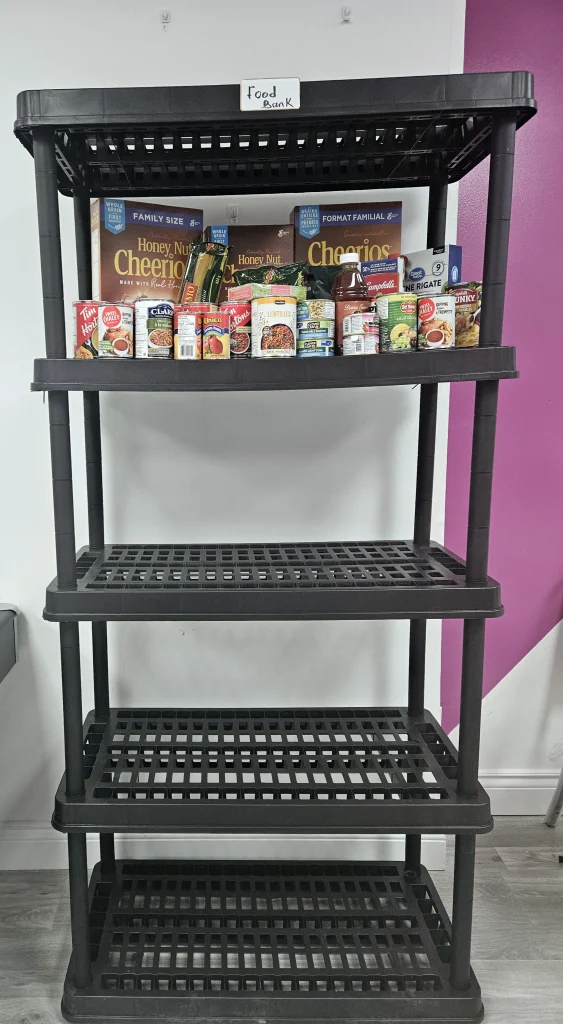Every day across the country, Black people and Black-led organizations continue to help shape Canada for the better while aspiring to find community-based solutions to some of the biggest social justice issues of our time, including the mission to relieve hunger today and prevent hunger tomorrow.
Every February during Black History Month and throughout the year, the contributions of Black people and Black-led organizations to addressing the urgent food insecurity needs of our neighbours facing hunger as well as building resilience in our local communities should be celebrated.
Organizations like the non-profit Afro Women and Youth Foundation (AWYF) in Sudbury, Ont., which opened a new clothing and food bank program in December to help respond to the needs of Black newcomer women in the area.
Led by AWYF founder and executive director Adebola Adefioye, who is a former newcomer herself, originally from Nigeria, the AWYF food bank launched with the support of the Sudbury Credit Union by offering food baskets to 40 Black newcomer women just in time for Christmas, including single mothers contending with difficult experiences and challenges as they settle in a new country.
“Coming to shop at the AWYF clothing bank gives me great relief, and hearing about the opening of the food bank was the biggest news for the festive season. I am glad I got selected because I don’t have a job yet despite having great qualifications.”
— A newcomer mother in Sudbury, Ont.
However, with the demand for help with food insecurity soaring, Adefioye said the AWYF was forced to close the application form for the food bank in less than 24 hours because they received more responses than expected.


“We have been getting calls and emails from the people who picked up in December while we are yet to serve the remaining people on the waitlist,” Adefioye said. “We still have a long waitlist to serve.”
While organizations like the Afro Women and Youth Foundation are taking urgently needed action to address the devastating impact of relentless inflation and inadequate social supports on poverty, food insecurity and hunger in Canada, there is still much work to be done.
More Canadians are finding it difficult to meet food, shelter and other necessary expenses, and the disparity is even greater when we look at Black, Indigenous, and other racialized households. For example, according to a study released by Statistics Canada, in 2022, 18 per cent of Canadian families reported experiencing food insecurity in the past 12 months, up from 16 per cent in 2021. Among racialized families, Black Canadians had the highest rate of food insecurity, with almost four in ten (38%) reporting being food insecure.
Further, the results of a study conducted by the Environics Institute on behalf of Food Banks Canada indicated that in 2023, 20 per cent of people in the general population who are racialized, including 25 per cent of those who are Black, reported having gone hungry in the previous 12 months due to lack of money for food, compared to 15 per cent of the white population.